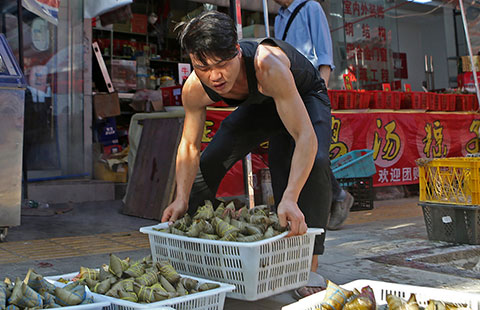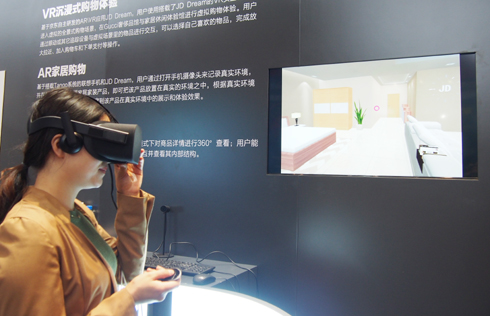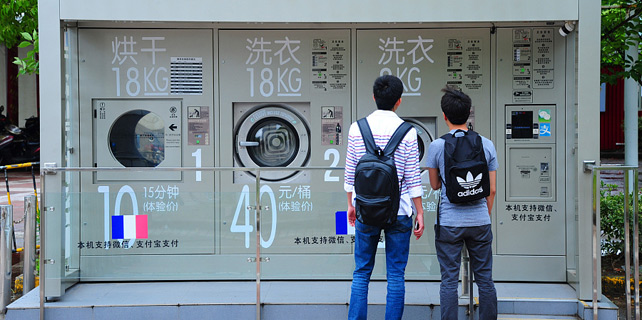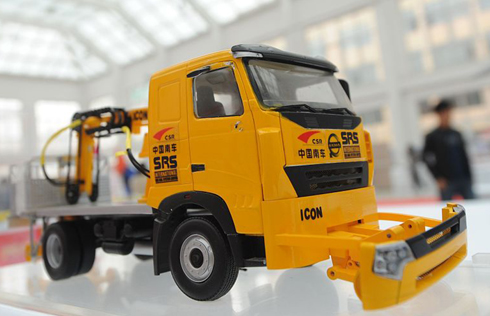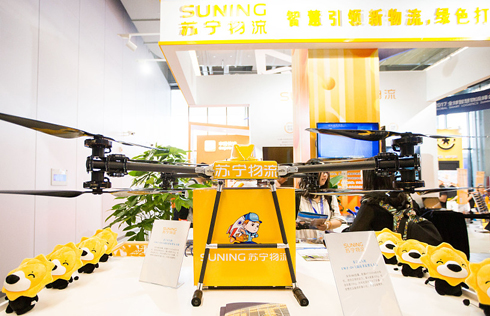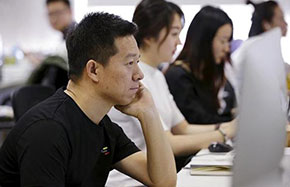EU action hurts trade
China's decision to launch an anti-dumping and anti-subsidy probe into wine imports from the European Union signals the country will safeguard its major economic interests - and it has ample cards in hand to do so.
The Ministry of Commerce said that it has started the probe at the request of local wine producers. It comes after the EU decided on Tuesday to impose an initial tariff of 11.8 percent on imports of solar panels, cells and wafers from China.
If the two sides do not reach an agreement in August, the tariff will be increased to more than 47 percent on average.
The EU made the decision in the face of strong opposition from China, and a large number of European enterprises are set to suffer as a result.
The wine probe serves as a timely warning that it is not just European photovoltaic enterprises that will be the victims if the EU sticks to its protectionist stance.
The lingering debt crisis in Europe has dented its economic vitality, but protectionism is not the solution. It will only incur tit-for-tat retaliations and worsen its economic prospects.
China has made relentless efforts to ease the situation by initiating negotiations with the EU, and it has made it clear that it seeks to solve the dispute through consultation and negotiation, not a trade war.
But by imposing the tariff on imports from China, the EU has failed to show a similar commitment.
The move will cause large numbers of corporate closures in China, and it has no choice but to fight back.
Wine exports are certainly not as important for the EU as photovoltaic exports are for China. In 2012, more than two-thirds of China's 430 million liters of wine imports were from the EU, with a value of more than $1 billion, while China exported $27 billion worth of solar panel products to the EU.
But the probe into wine imports could be followed by more moves if the EU continues to ignore China's interests. China's overall imports from the EU reached $212 billion last year, giving China much room to maneuver.
Now the ball is in the EU's court. It needs to show willingness to solve the dispute in the upcoming negotiations.
As it has become a major target of anti-dumping charges by other countries, China also needs to start showing more teeth when protecting its legitimate interests.





